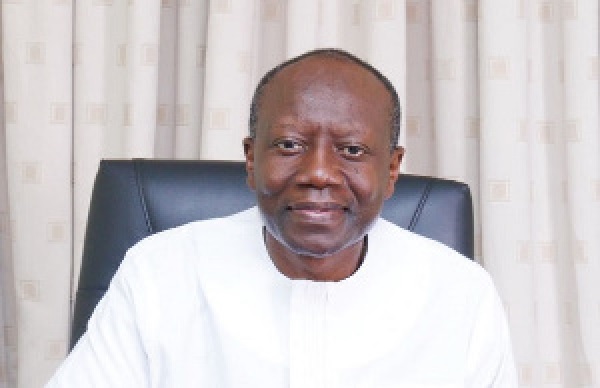
Time to reflect on how to build a resilient economy
There is an Akan adage that goes like this: “Agya eba ooo, Agya eba ooo, Agya enya ab3dru” translated to mean; “father has finally arrived after a long wait”. And so finally, the long awaited IMF bailout package has hit the vault of the Central Bank as of Friday, April 19.
A first tranche of about US$ 600 million has been transferred to help with our overall budgetary support.
Over the next three years we expect a total of US3 billion among other funding sources to help us bring back the economy to life.
The country still awaits finality on the level of debt forgiveness or re-alignment from some bilateral and some multilateral partners to put a dead end to the current economic challenges.
Already the signals are beginning to look good. The currency has been declared among the best performing currencies globally. Inflation is threading downwards even though it is still way too high at over 40 per cent.
Going to the IMF certainly, was a good decision, although late, the consequences of not doing so much earlier had taken a toll on the economy since last year.
On account of the global economic crises as a result of the COVID 19 pandemic and the Russian-Ukraine war, many countries including Ghana have found themselves in the welcoming arms of the IMF.
Indeed, such is the high demand for economic bailout across the world that the IMF itself has expressed fears that its funds may dry out sooner than later.
Could we have avoided going to the IMF in the first place? Yes and No.
Yes, because the signals were all too visible for any economic watcher to see. If governments have slowed down the borrowing at huge cost to the economy (among many other factors) we may have stayed off from IMF funding.
No, because if your debts to GDP was nearly 100 per cent, you do not have the leverage to scream on rooftops “we would not go the IMF”.
Therefore, let this be the time for sombre reflections on what type of country we want to build as a nation?
We have to take some very hard decisions if the economy is to bounce back and build a more resilient economy going forward. It cannot to be “business as usual”.
For a middle income economy such as Ghana, with taxes to Gross Domestic Product less than 15 per cent and the lowest in the sub-region, all governments’ therefore, have to borrow to bridge the financing gap.
However, borrowing at high cost in double digits was a disaster waiting to happen and it indeed happened.
The government going forward, must ensure macro-economic stability through fiscal management that would ensure lower interest rates, lower inflationary pressures to single digits and ensure a stable currency.
Beyond raising taxes in an already overburdened economy, government must also pursue the policies that would grow the industrial sector. This must include import substitution to provide cover for our local industries.
Our over reliance on imports has to stop. Ghana is rich in all areas, but poor in our human attitudes. Our insatiable taste for everything foreign is our undoing.
Therefore, let those entrusted with power and authority to make the right decisions, lead by providing us with visionary and transformational ideas that would build a more resilient economy that can withstand global economic shocks into the future.
We cannot do the same things over time and expect different results.